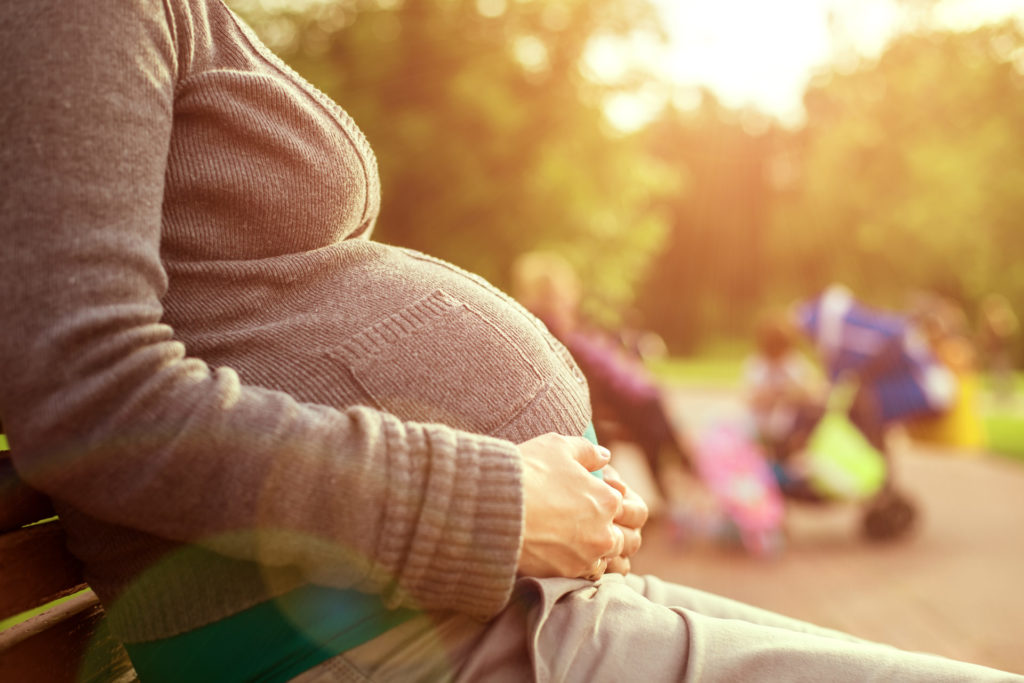The Royal Australian and New Zealand College of Obstetricians and Gynaecologists (RANZCOG) have released a statement advising most pregnant women against getting a COVID-19 vaccine because of insufficient data and a low number of cases in Australia.
RANZCOG President Dr Vijay Roach said “the underlying principal is caution when it comes to pregnant women and unborn babies,” and that it would be “reasonable to wait for more data”.
Referring to the situation in Australia, Dr Roach said “In the current context, given the risk of a pregnant woman acquiring COVID is so low, there isn’t a reason to suggest pregnant women get a vaccination.”
In its statement, published on Tuesday, RANZCOG advised that the “large majority” of pregnant women who catch the COVID-19 virus will experience mild to moderate flu-like symptoms. Currently, there remains no evidence of an increased risk of miscarriage or birth defects for those who are infected.
Pregnant women were not studied or used in the vaccines’ earlier trials, so there remains a gap in the knowledge about potential risks and adverse effects on their bodies and developing foetuses.
Dr Roach explained that the main reason the college is not yet recommending the vaccines for pregnant women is due to this gap in knowledge.
“Based on known data from other similar vaccines, it is unlikely that COVID-19 vaccines pose a risk to a pregnant woman or her foetus,” the statement from RANZCOG said.
“However, as pregnant and breastfeeding women have not been included in initial trials, data is very limited and our current knowledge is based on inadvertently exposed patients and the impact of the disease in an unvaccinated population.
“Although the available data do not indicate any safety concern or harm to pregnancy, there is insufficient evidence to recommend routine use of COVID-19 vaccines during pregnancy.”
Dr Roach told Sydney Morning Herald that while the vaccine “appears to be safe” and is “probably safe”, in a setting of low transmission, they do not “recommend it be used universally.”
He also said that women who were not aware they are pregnant and get the vaccine should not be concerned because there is currently no evidence it would cause harm. He also believes the vaccine is safe to have while women are breastfeeding.
RANZCOG recommended pregnant healthcare or essential workers who are at increased risk of exposure to the virus be assigned to perform lower risk duties. It also explained that the vaccination would be safe for pregnant women with significant pre-existing medical conditions such as chronic respiratory conditions, advanced chronic kidney disease, or solid organ transplant recipients.
Currently, there is no data on the safety of COVID-19 vaccinations for breastfeeding women and their effects on breastfed babies, but the vaccines were not considered a risk to those infants.
The Therapeutic Goods Administration, the health regulatory agency of the Australian Government, said the Pfizer vaccine should only be considered “when the potential benefits outweigh any potential risks” for both mother and baby.
A federal Department of Health spokesperson told SMH the Australian Technical Advisory Group on Immunisation was reviewing the TGA registration of the Pfizer vaccine and alternative COVID vaccines, and will consult with the college before completing its advice to government and medical workers on the use of those vaccines during pregnancy.
“This is expected to be public in the coming days,” the spokesperson said.
RANZCOG looked closely at advice published by a number of medical organisations overseas before publishing its own, including the Royal College of Obstetricians and Gynaecologists in Britain, and the Centres for Disease Control and Prevention (CDC) in the U.S.
This week, Australia has recorded its ninth consecutive day with no community transmission. As of this morning, the total number of COVID-19 cases worldwide has hit 100 million.


